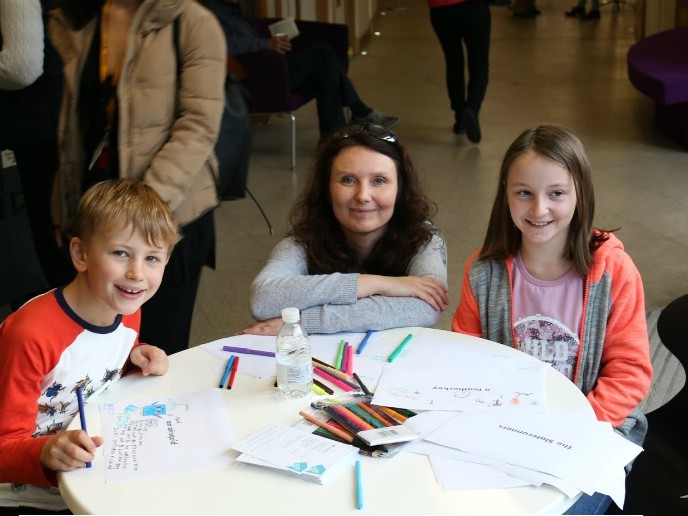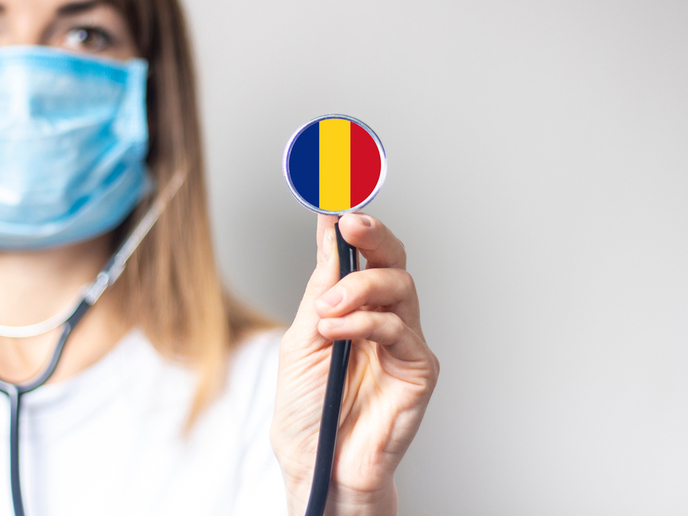Study of mixed families tests sociological assumptions
Religious pluralism and growing migration patterns are producing broad social change. As spaces where individuals explore multiple identities, but also ethnic and religious difference, so-called ‘mixed’ families are both representatives and drivers of these social changes. The ReMix project, supported by the Marie Skłodowska-Curie Actions programme(opens in new window), set out to investigate this phenomenon by focusing on Christian-Muslim couples, where religion apparently represented the main difference, but included many others. By studying what makes a couple ‘mixed’, ReMix also challenged the language used in social sciences to discuss this growing social phenomenon. “I was struck by the sociological use of the word ‘mixed’. What makes a couple ‘mixed’? Aren’t all couples with different backgrounds and life experiences, mixed? What is the distinction between a ‘mixed’ and a ‘non-mixed’ couple and when do these differences matter?” asks Francesco Cerchiaro, Marie Skłodowska-Curie research fellow from KU Leuven(opens in new window), the project host. Cerchiaro became the first researcher to be allowed access to some mixed couple associations.
Testing assumptions
ReMix investigated the well-established statistic that indicates interfaith marriages have higher divorce rates, asking: ‘What are the apparent tensions in mixed marriages about, and how are they resolved?’; ‘What role does gender play in the processes and outcomes?’; and ‘How do offspring identifications develop and manifest themselves?’ “There are many sociological assumptions about why this might be, such as communication difficulties, cultural differences and hostility from families of origin, religious institutions and society. But they remain largely assumptions,” notes Cerchiaro. ReMix completed ethnographic observations and in-depth interviews with parents and their offspring: 11 families in Antwerp (Belgium, Flemish region); 15 families in the metropolitan area of Brussels (Belgium); and 20 families in the metropolitan area of Paris (France). When it came to partners’ religious identities, ReMix demonstrated that reconstructing religious identities to minimise differences was the rule not the exception. Couples do it in various ways, such as removing religion from the family context, conversion to their partner’s religion or focusing on a common faith in God. Regarding gender, ReMix found that female Christian French or Belgian women experience the most familial opposition, seemingly because of the perceived lower socio-economic status of male Muslim partners. This suggests the lingering importance in European culture placed on the male breadwinner. In terms of offspring identifications, unlike past research on interreligious and interethnic marriages, ReMix found a reshaping, rather than a loosening or dilution of religiosity, at work. However, the project did confirm other recent studies which have suggested that the majority of offspring try to escape fixed categories based on racial grounds.
Towards an inclusive and multicultural Europe
Cerchiaro organised the first International Symposium on Muslim Non-Muslim families(opens in new window) at KU Leuven with the participation of nine leading international scholars. He is currently co-editing a special issue publication following the conference which will compare the experiences of Christian-Muslim families worldwide, offering new perspectives on the study of mixed families. “Ultimately ReMix tries to counter Islamophobia and stereotypes about Muslim integration in Europe. It shows how our identities are much more intertwined and mobile than what we think they are, saying a lot about being European,” explains Cerchiaro. Cerchiaro now wants to take his future research beyond the confines of family, to look more closely at the agency and constraints in the relationship between mixed families and social change.







